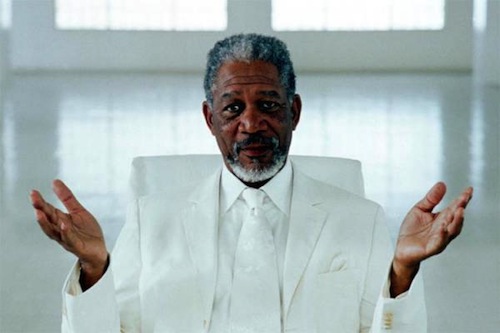Yesterday, vigilant Ke$ha-watcher Ben al-Fowlkes sent me links to two Ke$ha tweets. The first was mysteriously deleted, and the second apologized to anyone “effected by this tragedy,” saying that she understands “why my song is now inappropriate.” It was a puzzlement. I assumed “this tragedy” referred to the music industry that effected her rise to stardom, but it turns out I was thinking of “travesty” and she was thinking of “affected.” Ke$ha was actually apologizing to those affected by the Newtown shootings, which prompted several radio stations to stop playing her single “Die Young.”
Tag Archives: newtown
A thought experiment regarding Spider-Man, gun control
Let us say, by way of a thought experiment, the each of us has the ability to shoot a wide, viscous web from his hands. The web sets up quickly and dissolves after about 20 minutes, during which time we cannot produce another one. We cannot swing on the web or use it to become professional wrestlers, because that would be absurd. We can, however, shoot the web at another human being from a close distance and incapacitate him. So webbed, the other person can do the same thing to us. Then we both have to stare at each other for 20 minutes and think about how the system could be improved.
Morgan Freeman Newtown Hoax explains contemporary media, makes everyone sad
In Amusing Ourselves to Death, Neil Postman argued that the invention of telegraphy changed the definition of news from what was functionally relevant in the reader’s life—city council meetings, various pox outbreaks, horse for sale—to “news from nowhere, addressed to no one in particular…crimes, crashes, fires, floods became the content of what people called ‘the news of the day.’” Postman worried that news, divorced by distance from any functional impact on the lives of people who read it, could too easily become speculation, spectacle, amusement. He had not seen the internet yet. Nor did he see the Morgan Freeman Newtown Hoax, perhaps the exemplar of our bold new age.



